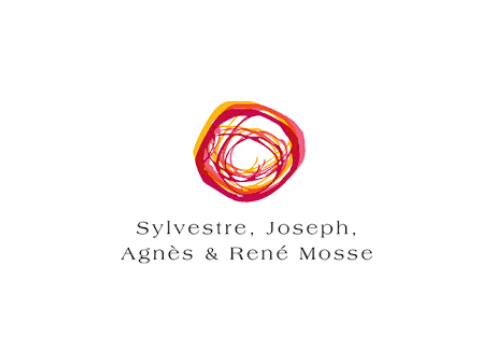Renè Mosse 3 Bottiglie
153,50 € Original price was: 153,50 €.143,90 €Current price is: 143,90 €.
| Format | Box of 3 |
|---|---|
| Origin | Francia |
| Typology | White Wine |
| Grape Variety | Chenin Blanc |
Out of stock
Producer: Renè Mosse-> Go to Renè Mosse
Wine Box of 3 bottles of artisanal and biodynamic white wine
Anjou Blanc Initials B.B. 2013, Chenin Blanc 100%
It comes from a micro plot of 0.67 hectares within the old Bonnes Blanches vineyards, sand and clay on shale. Very low yield, less than 20 hl/ha, maturation in small barrels for 12 months. Splendid nose of yellow pulp fruit, golden apples, lime and white pepper, marked minerality. Fresh and savoury, consistent on the palate where the hints of fruit on the nose return insistent and delicate, spicy and very long
Le Bonnes Blanches 2019, Chenin Blanc 100%
The name derives from a very particular soil composed of clay with small round white pebbles – called “good white” – on shale soil. It ferments slowly and spontaneously in barrique. The nose smells of yellow flowers, yellow and white pulp fruit, and straw. Mineral and with puffs of white pepper. It is a decisive and fresh wine, with an incredible minerality and great character
Savennieres Arena 2018, Chenin Blanc 100%
From a tiny 0.44 ha vineyard from 2002 located on sandy soils. Alcoholic and malolactic fermentation in wood, ouillage once a week. Floral nose, then Apple and Lime, Wet Wool, Wet Straw and at the end a hint of honey. Accentuated minerality. A rustic wine, with great character, with an acidic streak and great minerality
Agnès and René Mosse were the owners of a wine bar in Tours and the daily meeting with great winemakers stimulated them to the point of pushing them to revolutionize their lives: studying oenology to abandon the bar and move to the vineyard. One of the teachers was Thierry Puzelat. They then worked for two years in the Côte-de-Beaune before purchasing their company in 1999. In just 14 years they have become true legends of Anjou. The key words of their path: organic and biodynamic agriculture, rejection of interventionist oenology and spontaneous vegetation in the vineyard.



